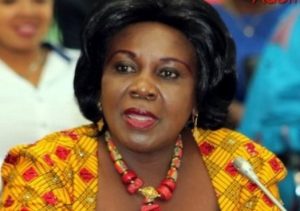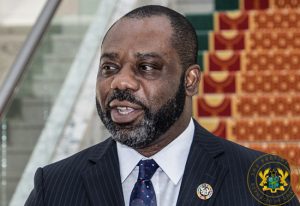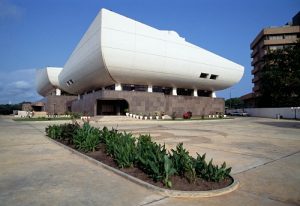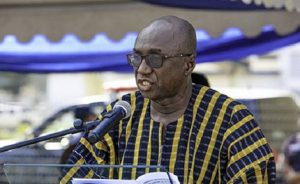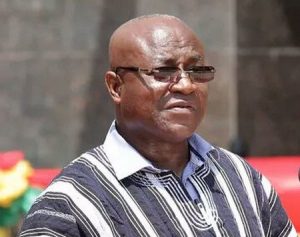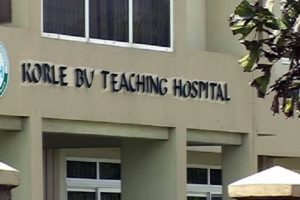The Electoral Commission (EC) is expected to convene a meeting between its IT team and the technical teams of the various political parties in a bid to push for consensus on the compilation of a new voters register.
The meeting has become necessary following a request by IPAC members for the EC to clarify certain technical and administrative issues related to the process
A communique signed by the EC’s acting Director of Public Affairs, Mrs Sylvia Annoh, said those were some of the feedback from the meeting of the EC’s Eminent Advisory Committee (EAC) with the EC, the Inter-Party Advisory Committee (IPAC) and other stakeholders in Accra on Thursday, January 30, 2020.
It said although a majority of IPAC members agreed on the need for a new voter management solution, some urged the EC to put in place measures to ensure data security and integrity.
It said the EAC would take feedback from the meeting and offer its advice to the EC on the subject of compiling a new voters register.
The EAC, it said, further encouraged all the parties to continue to use dialogue and consultative platforms to promote good governance and democracy in Ghana.
“It advises all stakeholders to put Ghana first in all they do and continue to support the EC with suggestions and recommendations aimed at improving our electoral process,” the statement said.
Observations
It said after the presentations, concerns of IPAC on the new solution were heard and that IPAC members made critical suggestions, inputs and comments towards improving the process.
The communique said majority of IPAC members agreed on the need for a new voter management solution, although some of them urged the EC to put in place adequate measures to safeguard and ensure data security and integrity.
Background
The EAC on Thursday, January 30, 2020 met with IPAC and the EC on the ongoing discussions on the justification for the EC to acquire a new voter management system and also to compile a new voters register.
The meeting was also attended by some representatives of civil society organisations, former Independent presidential candidates and some representatives of development partners, including the European Union, the Canadian and British High Commissions, the Danish and Norwegian Embassies, and the United Nations Development Programme (UNDP).
Source: Graphic.com.gh


